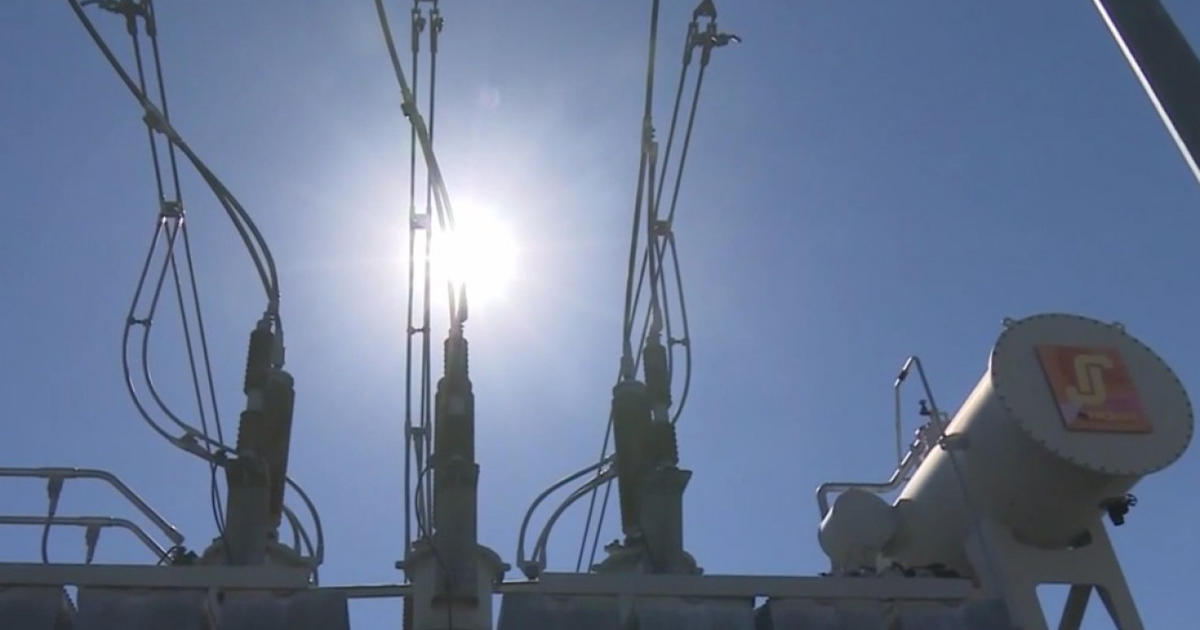Hedges
I See Electromagnetic Fields!
- Joined
- Mar 28, 2020
- Messages
- 20,600
Annual fee? That would penalize grandma who only drive to church on Sunday, be a bargain for the traveling salesman.
Maybe somebody hopes we'll all just hail Uber. But capacity won't match commute patterns.
I'm gonna do a stealth EV conversion. Never pay gas tax 'cause I don't burn any, and not pay EV reg fee neither.
I thought (reasonable) gas tax is good. More fuel consumption equates to more road wear, and you pay more. EV's pay zero and have less spare power to burn up the pavement (no longer the case with Tesla). But tax-free driving rewards them for keeping our air clean.
I think we just need more efficient (i.e. less consuming, smaller) government.
Maybe somebody hopes we'll all just hail Uber. But capacity won't match commute patterns.
I'm gonna do a stealth EV conversion. Never pay gas tax 'cause I don't burn any, and not pay EV reg fee neither.
I thought (reasonable) gas tax is good. More fuel consumption equates to more road wear, and you pay more. EV's pay zero and have less spare power to burn up the pavement (no longer the case with Tesla). But tax-free driving rewards them for keeping our air clean.
I think we just need more efficient (i.e. less consuming, smaller) government.



